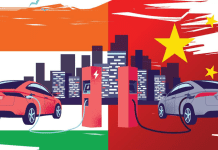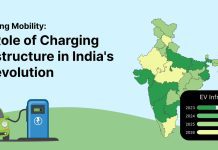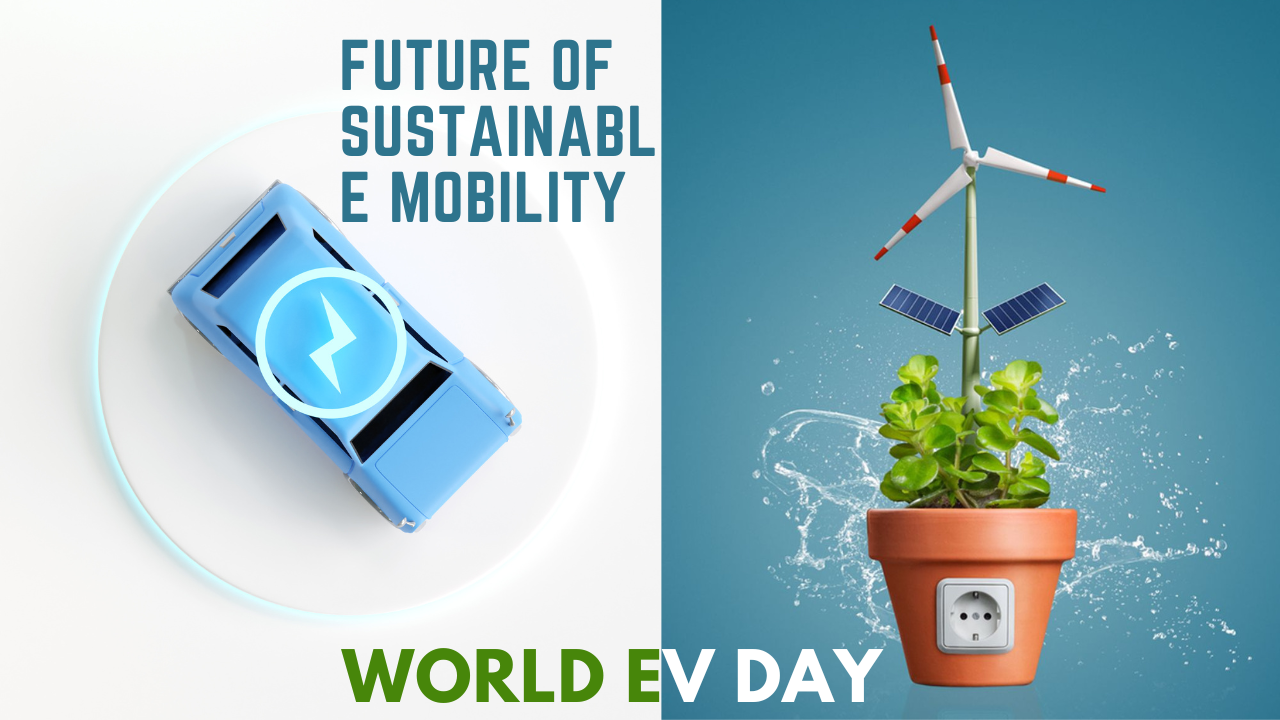
Table of Contents
World EV Day and Future of Sustainable Mobility
In a world where climate change looms as an existential threat and pollution chokes our cities, the urgent need to transition towards sustainable transportation options has never been more apparent. Enter World EV Day, a global celebration of electric vehicles (EVs) that serves as a beacon of hope for the future of sustainable mobility. This annual event not only commemorates the progress we’ve made but also inspires us to envision a cleaner, greener, and more efficient future. In this article, we will delve into the significance of World EV Day and explore the bright future of sustainable mobility it represents.
The Electric Revolution: A Glimpse of Progress
World EV Day, celebrated on September 9th each year, provides an opportunity to reflect on the remarkable progress made in the realm of electric vehicles. The electric revolution has ushered in a new era of transportation, characterized by clean and efficient mobility. Electric vehicles are no longer a niche market; they are rapidly becoming a mainstream choice for consumers and corporations alike.
One of the most significant achievements of this electric revolution is the drastic reduction in greenhouse gas emissions. Traditional internal combustion engine vehicles are a major contributor to air pollution and carbon emissions. EVs, on the other hand, produce zero tailpipe emissions. As the world grapples with the consequences of climate change, the widespread adoption of EVs has become a critical component of mitigation efforts.
Economic and Environmental Benefits
Beyond environmental benefits, electric vehicles offer a host of economic advantages. They are inherently more energy-efficient than their fossil-fuel counterparts, translating into lower operational costs for consumers. The cost of electricity is often more stable and affordable than gasoline or diesel, providing long-term savings for EV owners. Additionally, the maintenance requirements for EVs are significantly lower due to the simplicity of electric drivetrains. Fewer moving parts mean fewer breakdowns and less money spent on repairs.
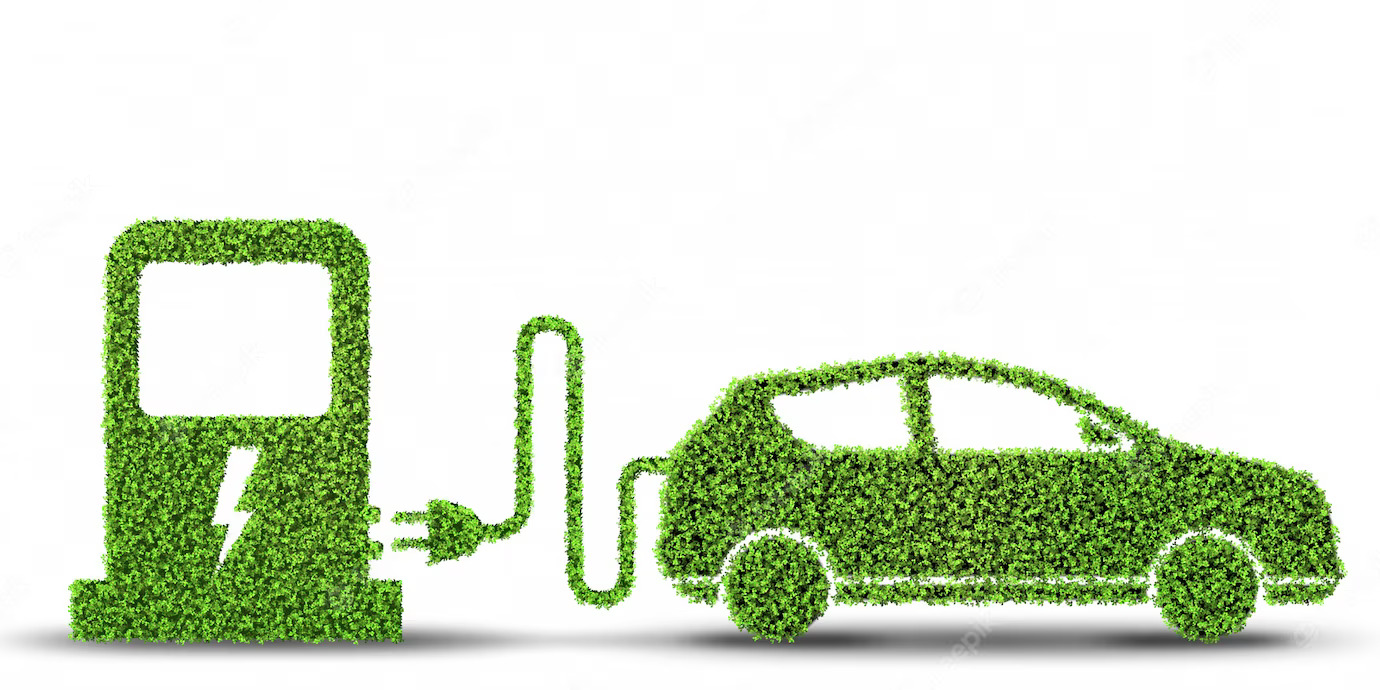
Governments and businesses are also recognizing the economic benefits of electrification. Incentives, tax breaks, and subsidies for EV adoption are becoming more common, stimulating the market and encouraging individuals and fleets to make the switch. As the EV industry continues to grow, it creates jobs and spurs innovation, contributing to economic growth and resilience.
Overcoming Challenges: Infrastructure and Range Anxiety
While the progress in electric mobility is promising, challenges remain, with one of the most prominent being the expansion of charging infrastructure. For EVs to truly replace conventional vehicles, a robust and widespread charging network is essential. Governments, utilities, and private companies are actively investing in building out this infrastructure, but more work is needed to ensure accessibility, convenience, and reliability for all EV users.
Another challenge often cited is “range anxiety,” the fear of running out of battery power before reaching a charging station. Modern EVs have made significant strides in extending their range, but addressing this concern requires a combination of better battery technology and a more comprehensive charging network. Advances in battery chemistry and the development of fast-charging technologies are helping to alleviate range anxiety, making EVs a more viable option for longer journeys.
The Road Ahead: Innovations and Electric Dreams
As we celebrate World EV Day, it’s essential to look forward and imagine the possibilities that lie ahead. Electric vehicles are not just limited to cars; they are expanding into various sectors, including buses, trucks, and even aviation. The electrification of public transportation can significantly reduce emissions and improve air quality in cities, contributing to healthier urban environments.
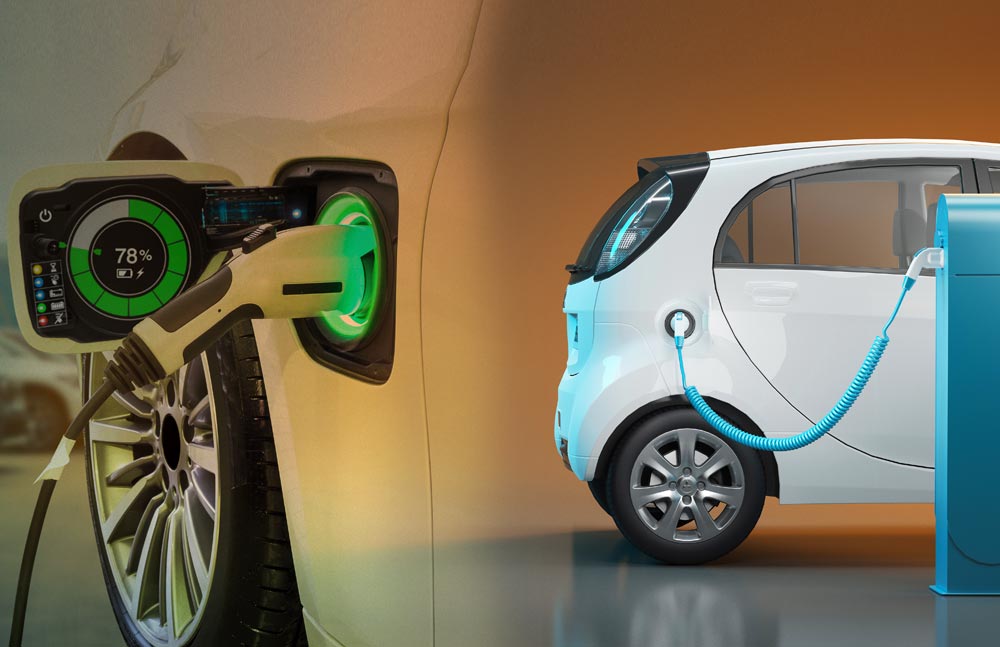
Furthermore, the integration of renewable energy sources, such as solar and wind power, with EV charging infrastructure can create a truly sustainable transportation ecosystem. EVs can serve as mobile energy storage units, feeding excess electricity back into the grid during periods of high demand and charging during off-peak times when renewable energy generation is abundant.
The future of sustainable mobility also holds the promise of autonomous electric vehicles. Self-driving EVs have the potential to revolutionize transportation, offering greater safety, efficiency, and convenience. They could also lead to shared mobility solutions that reduce the number of vehicles on the road, further decreasing congestion and emissions.
Conclusion: Embracing a Greener Future
World EV Day is not just a celebration of electric vehicles; it’s a celebration of our commitment to a cleaner, more sustainable future. The progress we’ve made in electrifying transportation is commendable, but there is still much work to be done. Governments, businesses, and individuals must continue to invest in and support the transition to electric mobility.
As we commemorate World EV Day, let us be inspired by the possibilities that lie ahead. The electric revolution is not just about vehicles; it represents a shift towards a more sustainable and prosperous future for all. By embracing electric mobility, we can reduce emissions, improve air quality, create jobs, and drive innovation. It’s a future worth working towards—one where we energize tomorrow by prioritizing the planet today.
About the Author

This Article is Authorixzed by Mr.Setul Shah, Founder of RunR Mobility.
Read More:- Charging Ahead: How the E-Mobility Sector is Shaping a Sustainable Future

